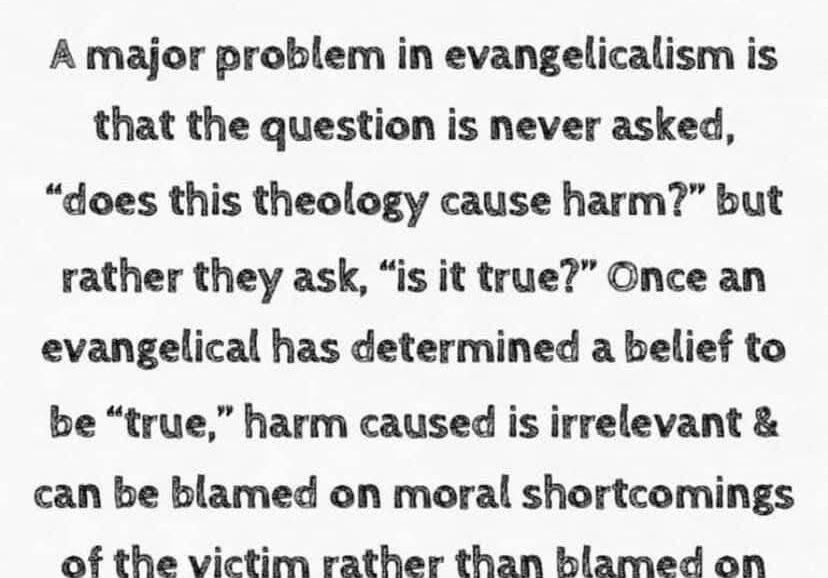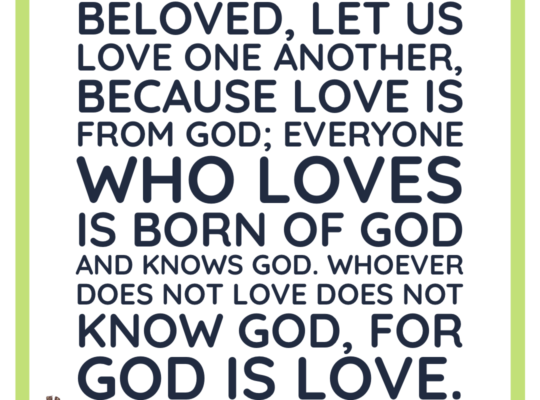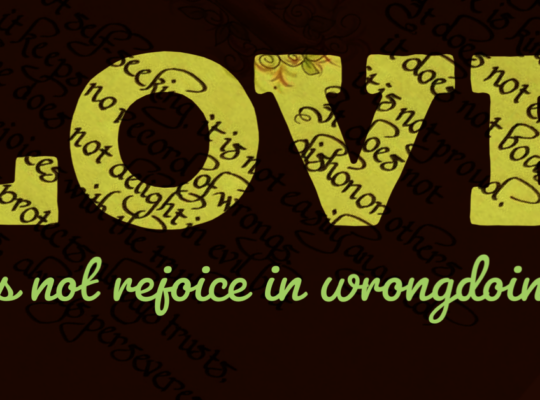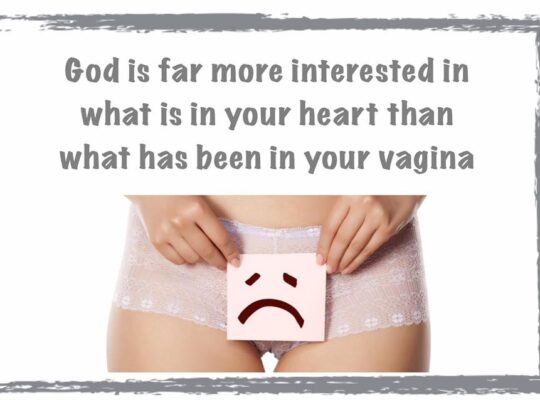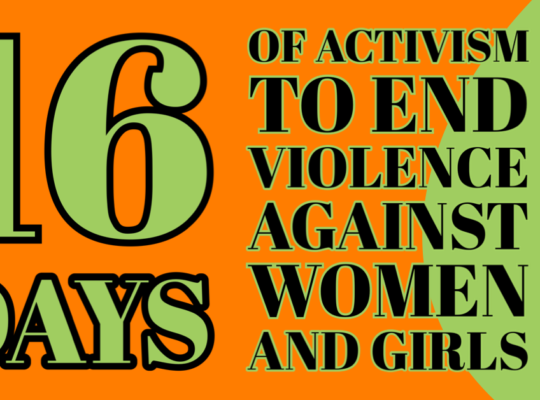“A major problem in evangelicalism is that the question is never asked ‘does this theology cause harm?’ but rather they ask ‘is it true?’ Once an evangelical has determined a belief to be ‘true’ harm caused is irrelevant and can be blamed on moral shortcomings of the victim rather than blamed on the harmful theology itself”
This quote popped up in my newsfeed the other day. I’m not sure who it should be attributed to, but it resonated with me. It resonated with me particularly because at the same time I was engaged in a rather frustrating conversation with a man who simply would not accept that the theology that says men should lead churches and assume authority over their wives is harmful. At the end of this conversation I said to him “I’ve presented you with testimonies of victims of abuse harmed by this theology, I’ve given you links to at least six academic studies and research papers, and I’ve given you statistics about the numbers of women abused in our male dominated churches, this is on top of all the recent scandals that you’ve been reading in the news. Yet you still deny that it is a fact that this theology is harmful. What exactly would it take for you to accept that it is?”
At the time of writing this I haven’t had a reply, but I have a feeling that the answer is that no matter how much evidence he is presented with, he is never going to accept that his theology is wrong, because he sincerely believes that this is what “God said” and God simply cannot be wrong, no matter what.
I can’t be too judgemental towards this guy; there for my own shitty experience go I.
I know that the theology of male dominance/female subservience is harmful because I have been harmed by it. It played a part in me being abused, it played a part in making me feel that it was my own fault and it played a part in me staying for as long as I did. It has since played a part in me being at times ostracised, shamed and stigmatised. That’s how I know it’s harmful. This is also what it took for me to recognise that this theology was harmful. Up until that point I bought into it; questioning it was akin to questioning God.
When I recognised how wrong I had been I realised I needed to be open to the fact that other things I believed could be causing harm to others. I guess that’s when I became “woke” because I began to listen to the experiences of others who had been harmed by other theologies, some of which I held. I learned from my experience that if people say a doctrine or theology or belief has harmed them then that belief is faulty, not the person who has been harmed. I also learned that questioning our beliefs about God is exactly that: questioning our own human beliefs about God, it is not questioning God themself. As a result I stopped being afraid to examine myself, to test the spirits and consider the fruits of my beliefs, I now hold on to Jesus far more tightly, but my own doctrines far more loosely
But I didn’t do that until I’d suffered harm. If I had been fortunate enough (or male enough) not to be harmed by patriarchal theology would I still hold it? Would I ever have experienced the deconstruction that led to me letting go of anti-LGBTQ+ theology that harms my brothers and sisters in Christ? I don’t know, I just know that it is difficult and scary to accept that a sincerely held belief is wrong. Which begs the question, do we need to suffer in order to learn how to examine the fruits of our beliefs? And if so, how do we go about teaching people who hold harmful theology that their theology is harmful if they are fortunate enough not to be personally harmed by it?
What do you think? Have you changed your mind and recognised faulty beliefs without directly being hurt by them? If so, what was the catalyst for growth and change?

